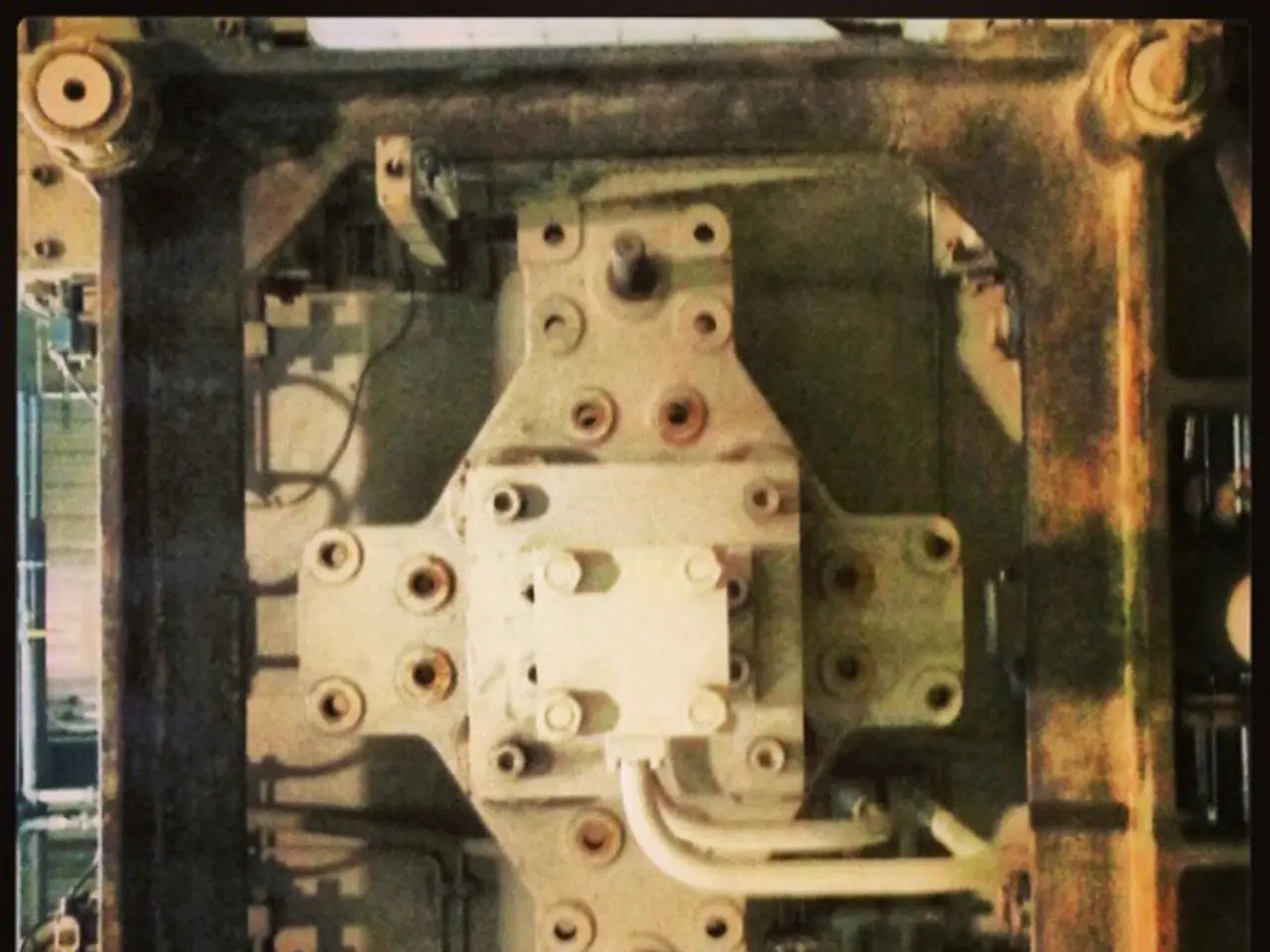Doubled steel and aluminum import tariffs to 50% by Trump
In a significant move aimed at protecting U.S. industry and national security, President Trump has approved an increase in import tariffs on steel and aluminum from 25% to 50%, effective June 4, 2025. This decision was made under Section 232 of the Trade Expansion Act of 1962.
The tariffs, which apply to steel and aluminum articles and their derivatives, aim to reduce or eliminate the threat to national security posed by imports. Notably, steel and aluminum imports from the United Kingdom will remain at the original 25% tariff rate and are exempt from this increase, reflecting a special trade status.
Other countries affected by the increased tariffs include Canada, which now faces a 35% tariff under the new reciprocal tariff rules announced by the Trump administration, effective from August 2025. The European Union (EU) faces special rules with new tariffs ranging from 10% to 41%, and there are stiff penalties for transshipment to avoid tariffs, including a 40% tariff rate.
The new policy includes measures to prevent circumvention, such as imposing tariffs on goods admitted under privileged foreign status in free trade zones and on the steel or aluminum content of articles rather than entire products.
On April 2, President Trump announced the imposition of "reciprocal" import tariffs ranging from 10% to 15% on dozens of countries, effective from April 9. A week later, President Trump authorized a 90-day pause in the imposition of tariffs for more than 75 countries that had requested negotiations with Washington.
During a speech at the United States Steel plant in Pennsylvania on May 30, President Trump signed an order to increase import tariffs on steel and aluminum from 25% to 50%, stating that at 25%, importers can "jump over the fence," but at 50%, they won't be able to.
The Trump administration is facing lawsuits over most of the tariffs it has imposed. However, the steel and aluminum tariffs are not part of these ongoing lawsuits. No new information about the negotiations on new tariffs or quotas with the UK was provided.
In a separate development, President Trump approved the sale of a U.S. company to Japan's Nippon Steel. However, no new information about the specific U.S. company involved in the sale was provided. The tariffs on metal imports from the UK will remain at the current 25% level until July 9 to allow for negotiations on new tariffs or quotas.
[1] Trade Expansion Act of 1962 [2] Measures to prevent circumvention [3] Special trade status for the United Kingdom [4] Reciprocal tariff rules for Canada and the European Union
- The new policy-and-legislation, implemented under Section 232 of the Trade Expansion Act of 1962, includes measures to prevent circumvention and grant special trade status for the United Kingdom.
- The European Union (EU) is subject to reciprocal tariff rules like Canada, with new tariffs ranging from 10% to 41%, while the United Kingdom maintains the original 25% tariff rate due to its special trade status.







